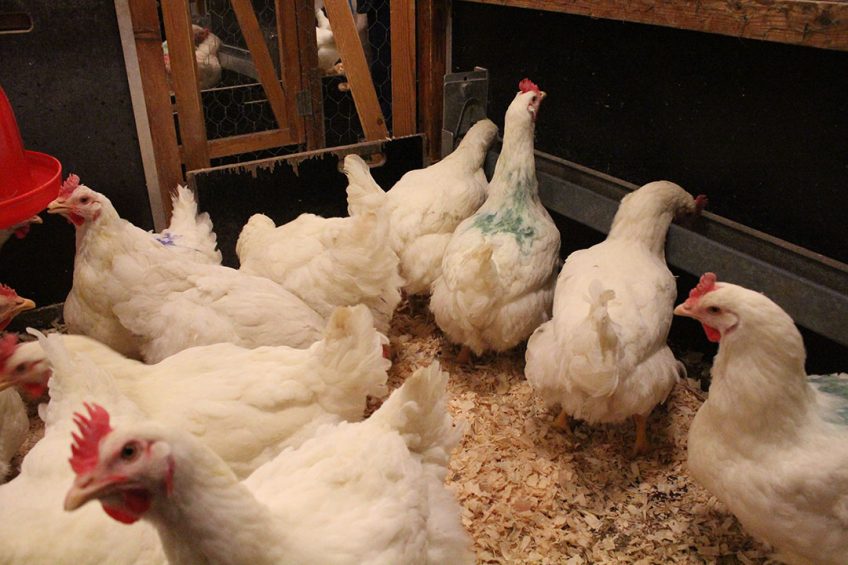Welfare policy guidelines on non-stun slaughter questioned

Investors have questioned why the global Business Benchmark on Farm Animal Welfare penalises religious slaughter methods.
There are two questions in the company benchmarking schemes. One asks, in the management and policy section, whether the firm has a clear position on the avoidance of meat from animals that have not been subjected to pre-slaughter stunning.
The second, found in the performance reporting and impact section, asks what proportion of animals in the company’s global supply chain is pre-slaughter stunned.
There is a total of 15 points for firms that make universal commitments to avoid meat that has not been pre-stunned and who say 100% of products are from animals that have been pre-slaughter stunned.
Nicky Amos, BBFAW executive director, said BBfAW was a specific welfare benchmarking scheme and the issue had been discussed by its technical working group.
Ms Amos agreed that those following religious slaughter non-stunning techniques would not be able to get 100% marks for two of the questions.
But she said there were other questions where poultry companies would be unable to meet BBFAW benchmarks, particularly around transportation to abattoirs.
“There are companies in Australia and South Africa who – because of vast distances – will not be able to transport stock in eight hours or less.”
She said BBFAW tried to take a pragmatic approach and was not treating companies unfairly, given there are 35 different criteria for welfare scoring.
She added that she wanted to accelerate change over the next two years, and this would include exploring the potential to develop both country and market specific benchmarks.
“In the coming weeks we hope to be able to announce the first country benchmarks,” she added.












